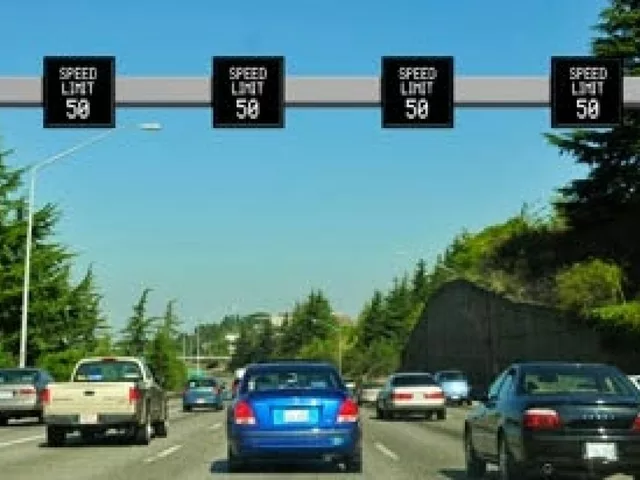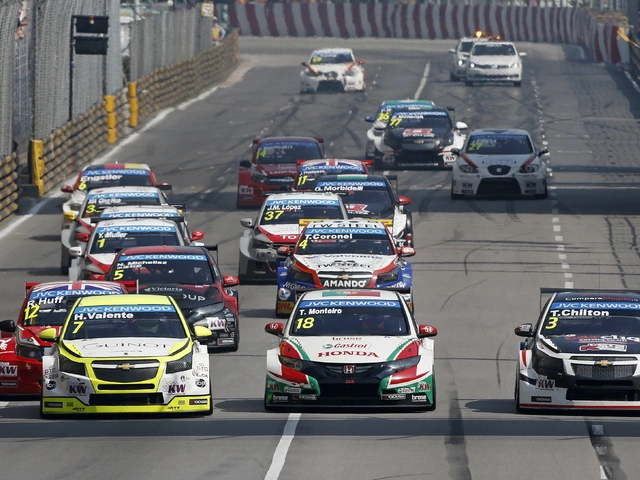Start Your Motorsports Journey: Practical Tips and Real Stories
Thinking about getting into motorsports but not sure where to begin? You’re not alone. Whether you’re 18 or 30, the excitement of the track is within reach. Below you’ll find clear steps to start, plus a few real‑world examples that show how people of all ages are already living the racing life.
First Steps: Choose Your Discipline
The motorsport world is huge – from karting and dirt bikes to touring cars and ATVs. Pick the one that makes your heart race. If you love the sound of a revving engine and the feel of a bike on a dirt track, check out local motocross clubs. If you prefer four wheels, look for beginner karting leagues near you. The UK has plenty of entry‑level events, and many clubs welcome newcomers with ‘track days’ designed for novices.
Once you’ve chosen a discipline, sign up for an introductory course. Most schools cover safety gear, basic handling, and track etiquette in a single day. You’ll leave with confidence, a better sense of the sport, and often a discount on your first season pass.
Gear Up Without Breaking the Bank
Good gear is a safety must, not a fashion statement. Start with a certified helmet, sturdy gloves, and proper boots. You don’t need a full‑blown racing suit right away – many clubs allow you to wear a simple, breathable jacket and pants that meet safety standards. British MotoSport Parts offers a range of affordable, British‑approved gear, so you can gear up locally without hunting abroad.
If you’re buying a bike or car, consider a used model that’s easy to maintain. Power & Play Motorsports, for example, sells reliable second‑hand dirt bikes and provides maintenance advice. A well‑maintained machine will last longer and cost less in the long run.
Age Is Just a Number
Worried that 30 is too late to start? Not at all. One of our community members just turned 30 and joined a regional racing league. With a solid training plan and a focus on fitness, he’s already completing laps faster than many younger riders. The key is to stay disciplined with practice and to listen to your body.
Even if you’ve never driven a race‑ready vehicle, you can begin with a simple go‑kart. The learning curve is gentle, and many karting tracks have ‘adult beginner’ sessions. This approach builds reflexes, teaches racing lines, and gets you comfortable with high‑speed cornering.
Learn From the Legends – and Their Kids
Stories of fathers and sons climbing the motorsport ladder can be both inspiring and instructive. Take Dale Earnhardt Jr., who not only matched his dad’s NASCAR success but also added his own flair. Or Nico Rosberg, who turned his family’s racing heritage into a World Championship. These tales show that mentorship, family support, and a relentless work ethic can fast‑track a career.
Even if you don’t have a racing pedigree, you can find a mentor at your local club. Most seasoned racers are happy to share tips, from corner entry techniques to setting up a bike’s suspension.
Stay Informed and Stay Safe
Motorsports evolve fast – new safety regulations, gear tech, and race formats appear each season. Follow British MotoSport Parts for the latest news, from record‑breaking streams like The Weeknd’s Spotify milestone to fresh track‑day guidelines.
Remember, safety isn’t just about gear. Always do a pre‑run check, respect track limits, and know when to pull back. A small mistake can turn a thrilling lap into a costly crash.
Ready to hit the track? Choose your discipline, get the right gear, find a local club, and start practising. The road to the podium begins with a single lap – make it count!"



